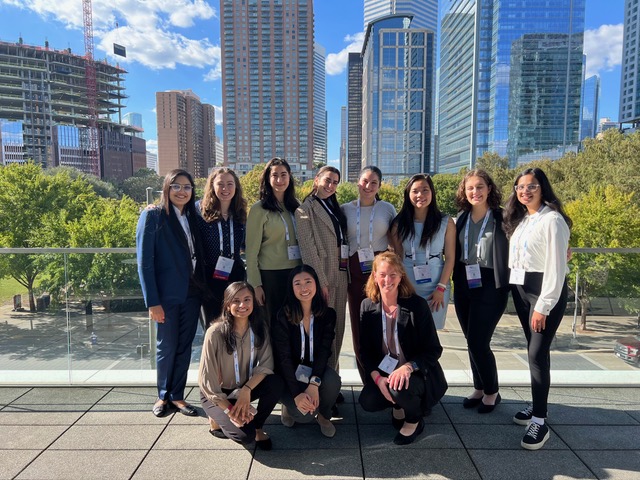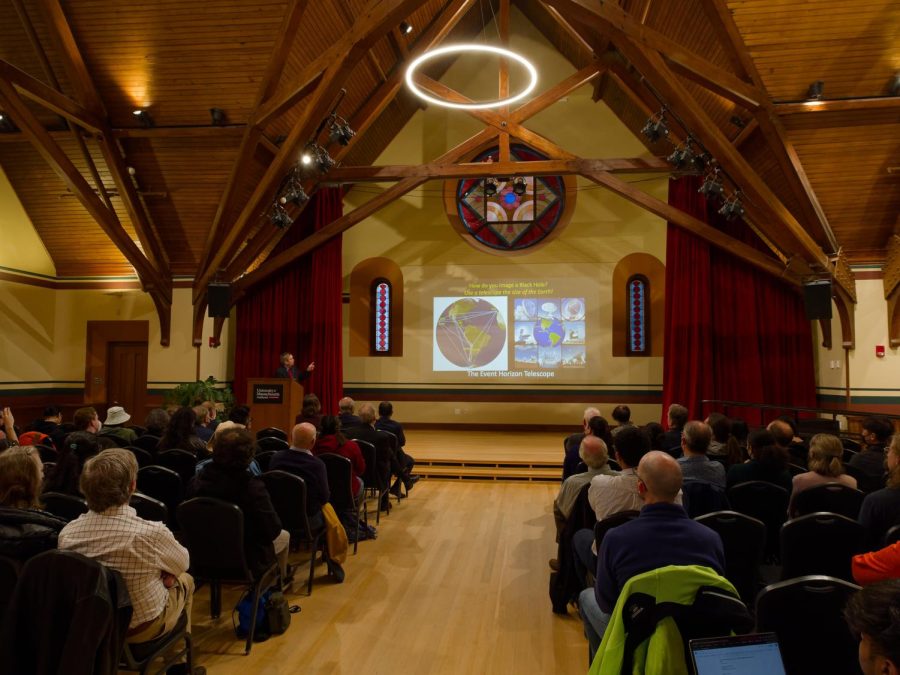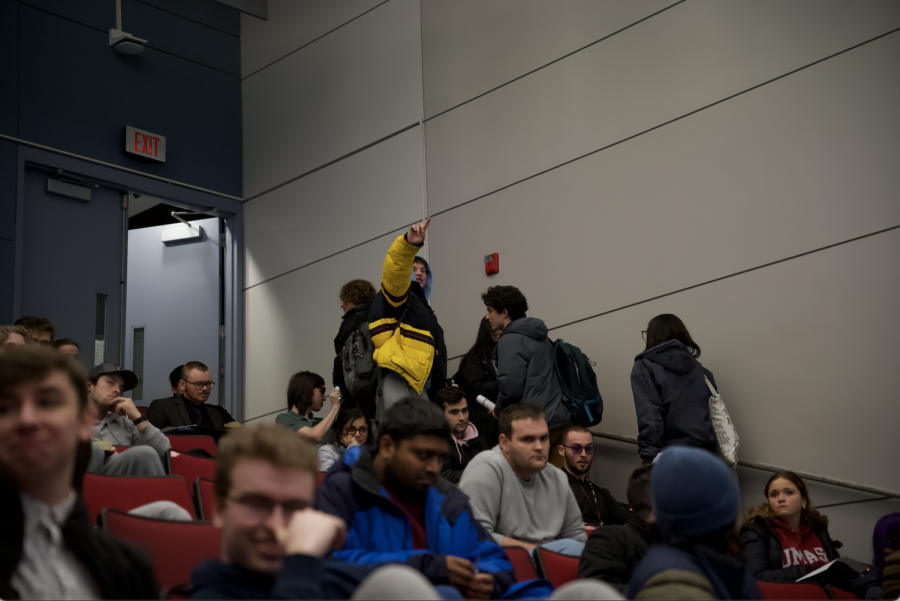Facebook is a social networking site that is slowly becoming an inherent, permanent and compulsive part of most collegiate student’s lives. With the ever-increasing Facebook phenomena, researchers are constantly conducting new studies to discover potential links between the usage of Facebook and academics.
In a 2006-07 study at Abilene Christian University located in Abilene, Texas, active Facebook users were found to be more likely to return for their sophomore year than infrequent users. Of those, the returning sophomores had 27 more friends and 59 more wall posts than students who chose not to return to the university.
“The variable we believed to be predictive of student retention was social connection, having a lot of friendships on the campus,” said Richard Beck, co-author of the study.
Beck’s study found that social networking made it easier for freshmen to make new friends, but also increase finding and developing deeper relationships with these friends.
Beck also believes that even though Facebook won’t change a student’s personality, it will reflect a student’s social tendencies in the classroom.
“For extroverts, Facebook makes getting involved with extracurricular activities even easier. They can quickly seek out, join, and make contact with the people they have met on campus,” said Beck. “For introverts, Facebook might give them a method to find and foster relationships that is less dependent upon the social skills and energy of extroverts.”
Other studies have shown that there is no correlation between Facebook and retention rates. Eszter Hargittai, an associate professor of communication studies and sociology at Northwestern says that Facebook fails to take into account students backgrounds and personality types. She says that while the connections made on Facebook tend to make students feel more comfortable linking up with others for class notes and advice, it is also used a lot for procrastination.
“I think [Facebook] made connecting with people I had met through classes easier,” said sophomore Kelsey Laning. “But I wouldn’t say it was a determining factor to whether or not I returned [to school].” Laning also said, “It’s definitely a huge distraction but when I need to connect with someone from a class it makes it really easy to get in touch.”
“I really don’t think Facebook has influenced my relationships with friends,” said sophomore Anthony Michaels, “I tend to only use Facebook to maintain friendships with people I met last year that I see on campus on a regular basis; such as people in my classes or who live near me. I’ll say that Facebook connections were good in the first week to check in with people I hadn’t seen or heard from all summer.”
Though students, professors and researchers alike don’t believe that Facebook is a huge factor in determining retention rates among students at various colleges, they do believe that it is a big part of the college social scene. “Facebook connects you to people on campus. Those relationships will draw you back,” said Beck.
“At root the issue is about relationships. Facebook is just one tool that can be used to make up or follow up with those relationships as they become deeper and more established,”
Ashley Berger can be reached at [email protected].







Lulz • Sep 15, 2010 at 10:59 am
Nice editing today, I am glad to see the standard of journalism the Daily Collegian tries to maintain can justify it’s existence. That or the stack of newspapers outside my dorm every evening going to waste just to have the title of largest paper.